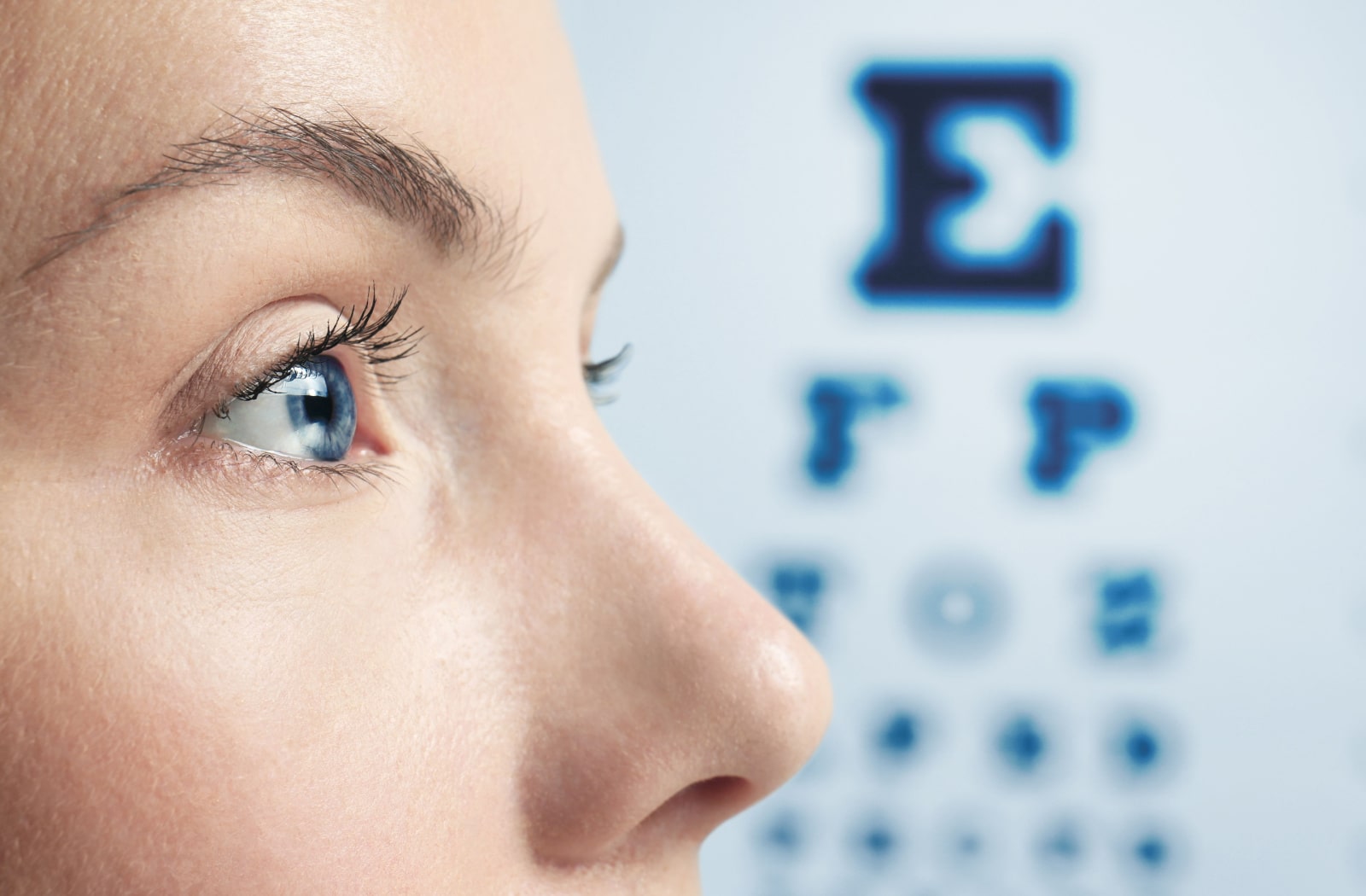All Categories
Featured
Table of Contents

Regular eye assessments are important for maintaining good vision and identifying prospective eye wellness concerns early. The regularity of these examinations can vary considerably based on an individual's age, way of living, and total wellness. Comprehending the recommended schedule for eye exams can aid make certain that individuals of every ages obtain appropriate treatment and tracking for their eye health.
Newborns and Toddlers (0-2 Years)
For babies and young children, eye tests are essential for finding any type of prospective vision troubles beforehand. The American Academy of Ophthalmology recommends that a kid's very first eye examination must take place at around 6 months of age. During this initial go to, the eye treatment specialist will evaluate the kid's visual development and look for any evident eye concerns.Following this first test, it is suggested that kids have another eye exam at age 3. This see will certainly concentrate on assessing the youngster's total visual feature, including eye alignment and the capacity to track objects. If no problems are detected, the following examination must be arranged before the youngster begins college, typically around age five or six.
School-Aged Children (6-18 Years)
Regular eye exams need to be set up every one to 2 years as soon as children reach institution age. Vision is vital for discovering and advancement, and several schools conduct vision testings. Nonetheless, these testings do not change a detailed eye examination by an eye treatment expert.For children included in tasks or sports needing considerable aesthetic emphasis, annual eye examinations might be recommended. In addition, if a child exhibits indications of vision troubles-- such as problem reviewing, scrunching up your eyes, or frequent migraines-- a browse through to the eye doctor ought to be scheduled asap.
Young Adults (19-39 Years)
Young grownups typically have fewer vision adjustments than older age groups, but regular eye examinations stay necessary. The general recommendation is to schedule an eye exam every 2 years during this period. However, people with specific risk variables-- such as a family members background of eye illness, diabetes, or those that wear call lenses-- must think about yearly eye exams.Furthermore, those that spend significant time on digital devices may experience electronic eye pressure. If symptoms such as dryness, exhaustion, or obscured vision take place, it may be smart to see an eye care professional faster.
Grownups (40-64 Years)
Adults aged 40 to 64 ought to arrange eye examinations every one to two years. Eye tests can additionally assist detect various other usual age-related conditions such as glaucoma, cataracts, and macular deterioration.If people in this age team have danger variables like hypertension or diabetes mellitus, they might need even more constant assessments to monitor their eye wellness very closely.
Elders (65 Years and Older)
For elders, regular eye examinations end up being even much more vital. The American Optometric Association advises that individuals aged 65 and older have an eye exam at the very least annually. Older adults go to a higher danger for numerous eye diseases, consisting of cataracts, glaucoma, and age-related macular deterioration. Early discovery and treatment of these conditions can avoid vision loss and boost the top quality of life.Final thought.
Comprehending the suitable timetable for eye exams based on age is vital for keeping ideal eye wellness throughout life. By adhering to these standards and consulting with an eye care expert, people can take positive actions towards preserving their vision and overall health and wellness.Latest Posts
A Historical Coastline Destination with Modern Delights
Published Apr 14, 25
1 min read
A Glamorous Getaway: The Claridge Indoor Pool
Published Feb 01, 25
1 min read
Leading Patterns in Custom-made Furniture Design for 2025
Published Jan 20, 25
0 min read